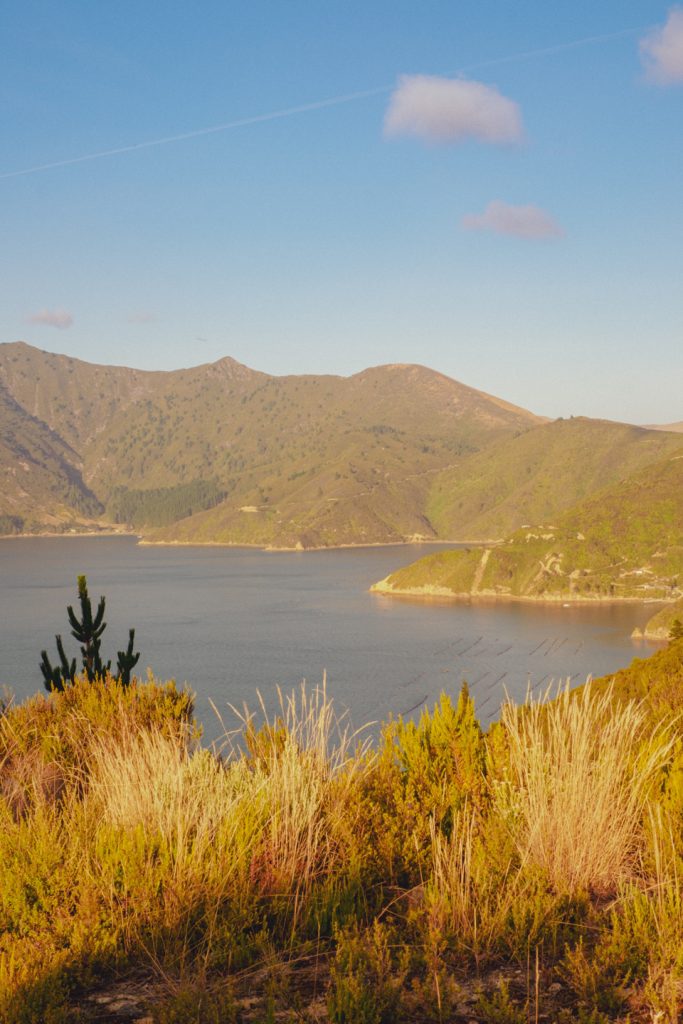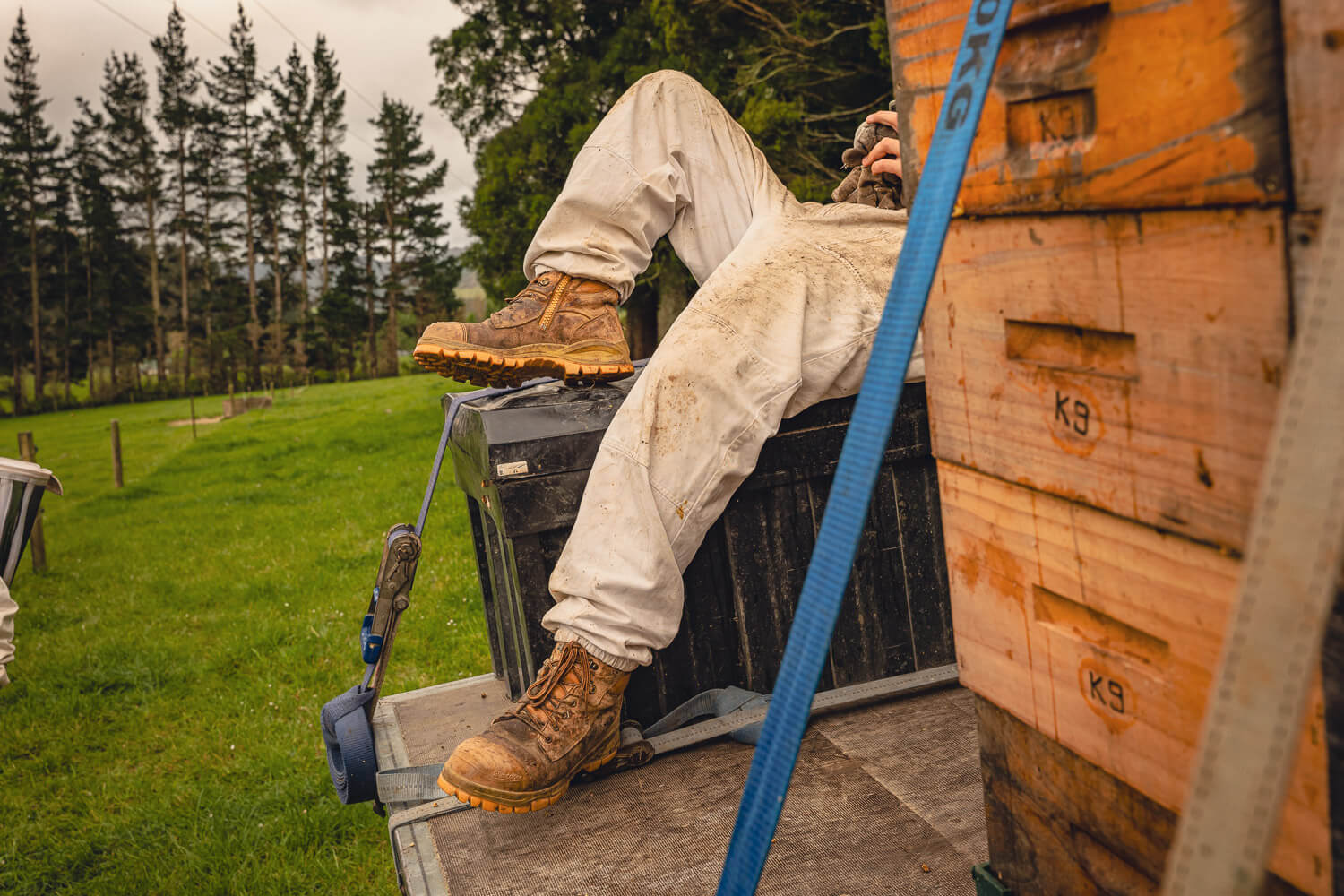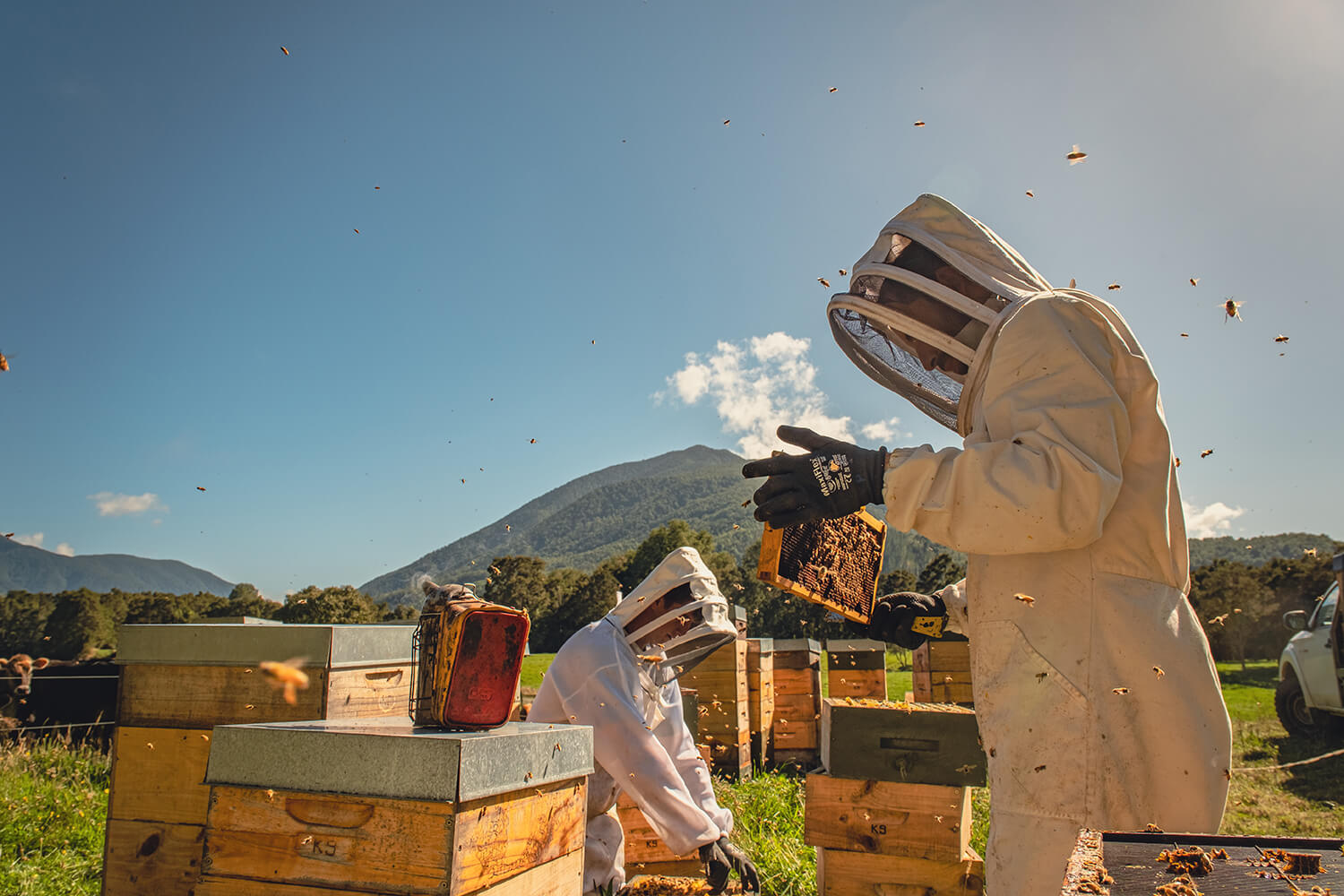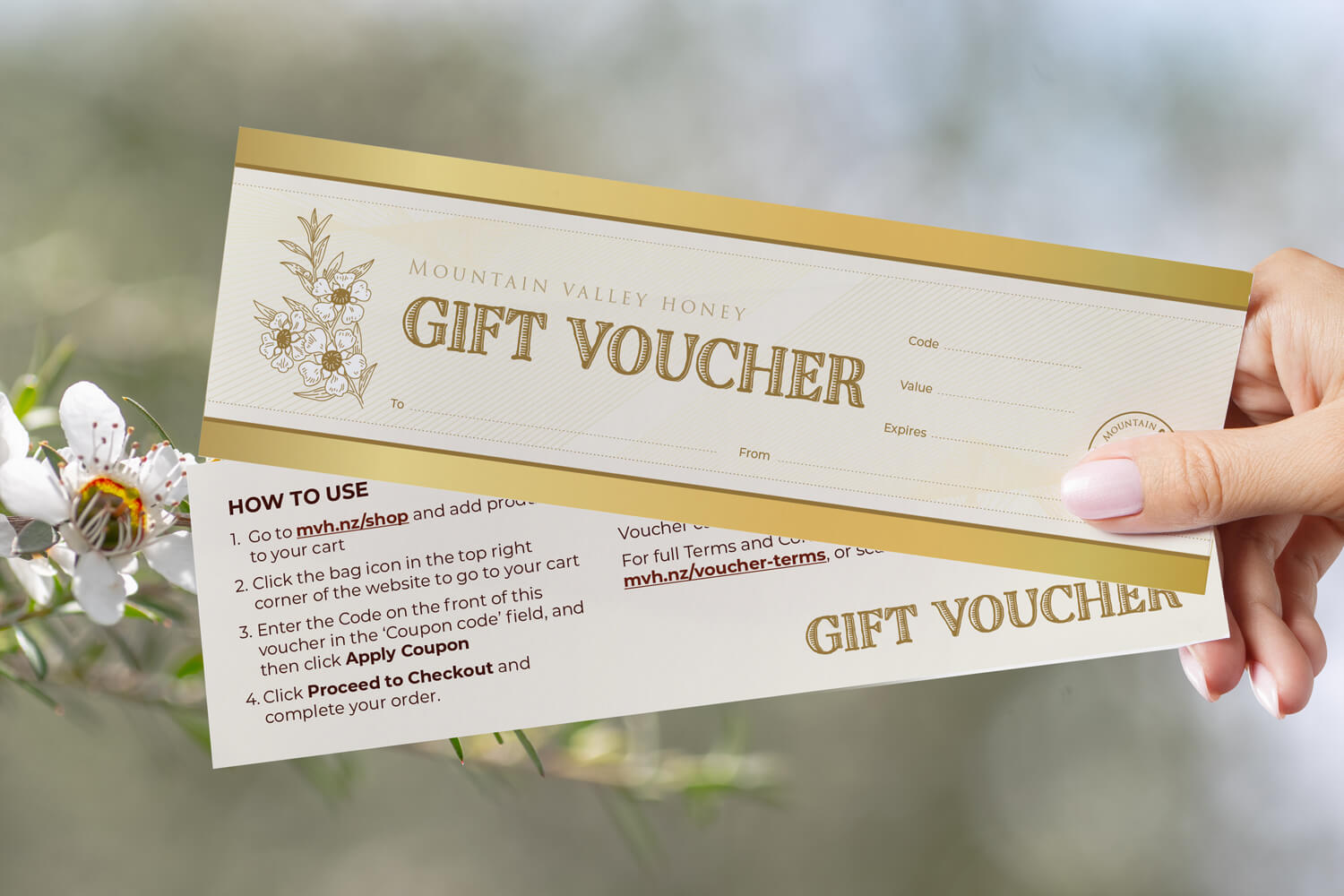Beekeeping Sure has Changed over the Years!
Whenever our family chats about bees — and that’s very often — we can’t help being amazed at how much beekeeping has changed since Merv started up his little business back in 1968.
These days beekeeping is a big deal in New Zealand, with 9,510 registered beekeepers in 2020. But beekeeping certainly wasn’t that popular in Merv’s day.
Back then it was a simple enterprise, he remembers, and pretty unpopular. There were only half a dozen beekeepers in the area around that time.
Beekeeping was not just hard work, it was hard to make any money back then. Merv didn’t actually bother too much with the honey — that was just for friends. He made his money from providing hives for pollination.
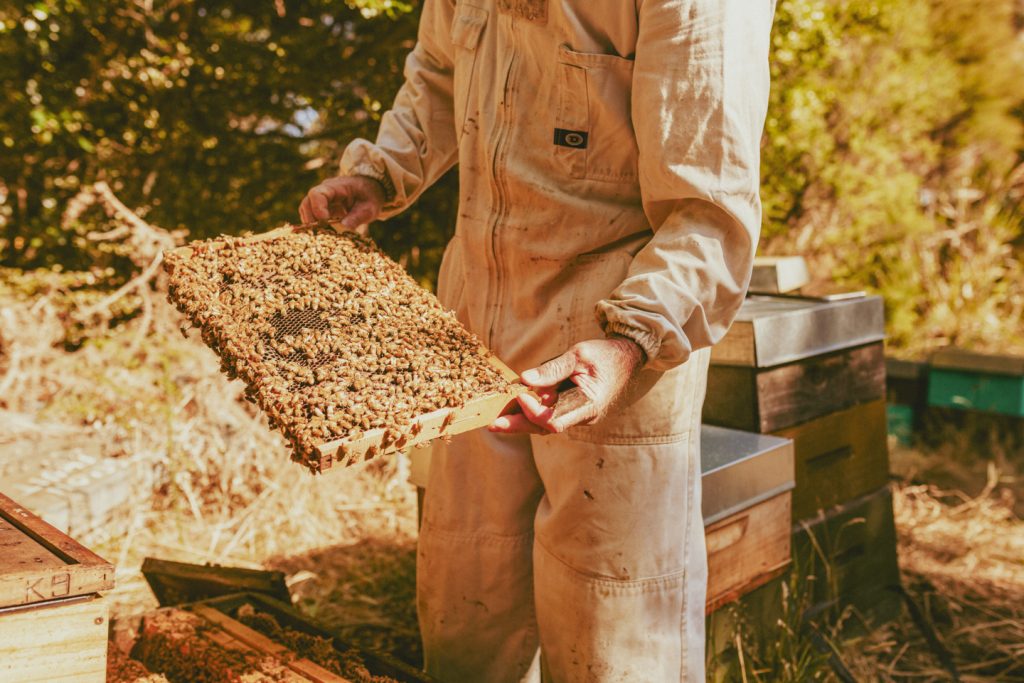
Half the time he even forgot to remember to take some honey home for the family.
Poor Jean got badly stung one year when she went down to the extraction shed to get a jar of honey. She only realised later that it was probably a bad idea to wear jandals — but at least she found out she wasn’t allergic to bee stings!
One of the biggest changes in the industry has been attitudes to Mānuka. Nobody knew about the health benefits of Mānuka honey back then — that didn’t happen until 1991 when the scientists had a breakthrough. It’s hard for us to imagine this, but there really wasn’t much of a market for Mānuka honey.
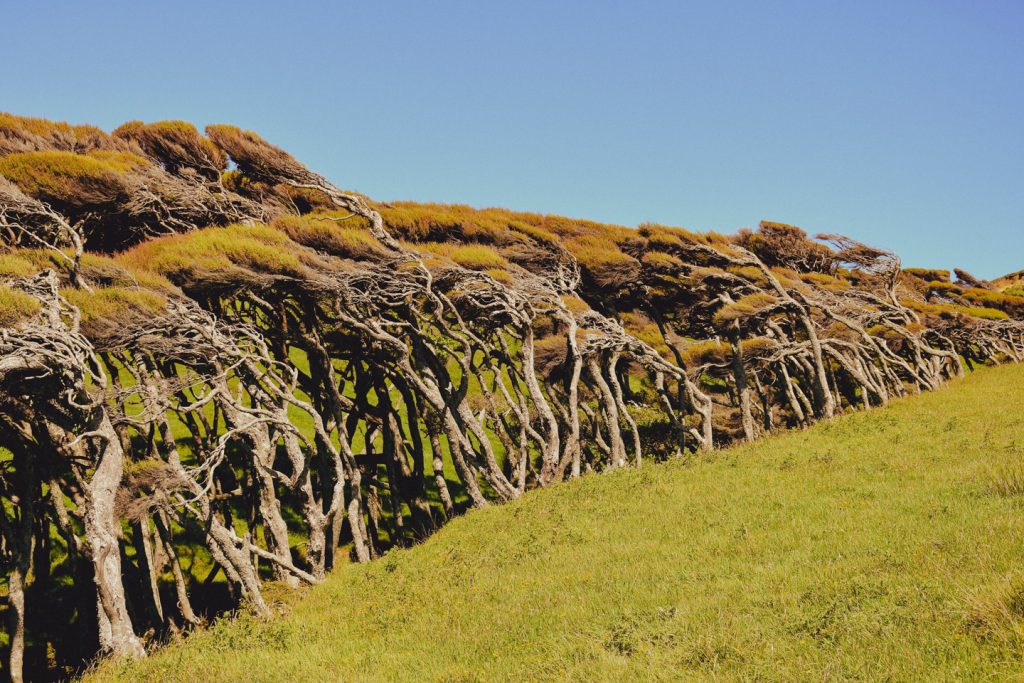
Beekeepers actually used to feed it to their bees during a poor season! Not only that, farmers used to pull out their Mānuka bushes to make way for pastures. How things have changed!
The huge advances in technology have certainly changed the way beekeepers work, too. It’s not just the use of helicopters to get into remote places — something as simple as a mobile phone makes a massive difference, certainly from a safety perspective.
Merv and Jean laugh about the night that Merv got stuck with 70 hives on the truck just before dark, on a farm in Pig Valley near Wakefield. He was supposed to be home by 8pm but didn’t get back until late the following morning. The truck went on a lean and the hives were stacked too high, so they all went over to one side and fell apart. Merv did manage to get them all off by himself, but he got pretty stung up that night. Although Jean joins in with the laughter now, she wasn’t laughing at the time — she was worried sick about what might have happened.
With Science revealing so much about the benefits of raw honey, beekeepers have a whole new language to deal with these days. Mānuka honey must all be tested now and that’s become quite a rigorous part of our work.
Just explaining what the labels mean involves long words like methylglyoxal, antioxidants and antimicrobial. Imagine telling people in the 1960s about that lot! These days customers are much more educated about honey and they’re often very keen to learn more.
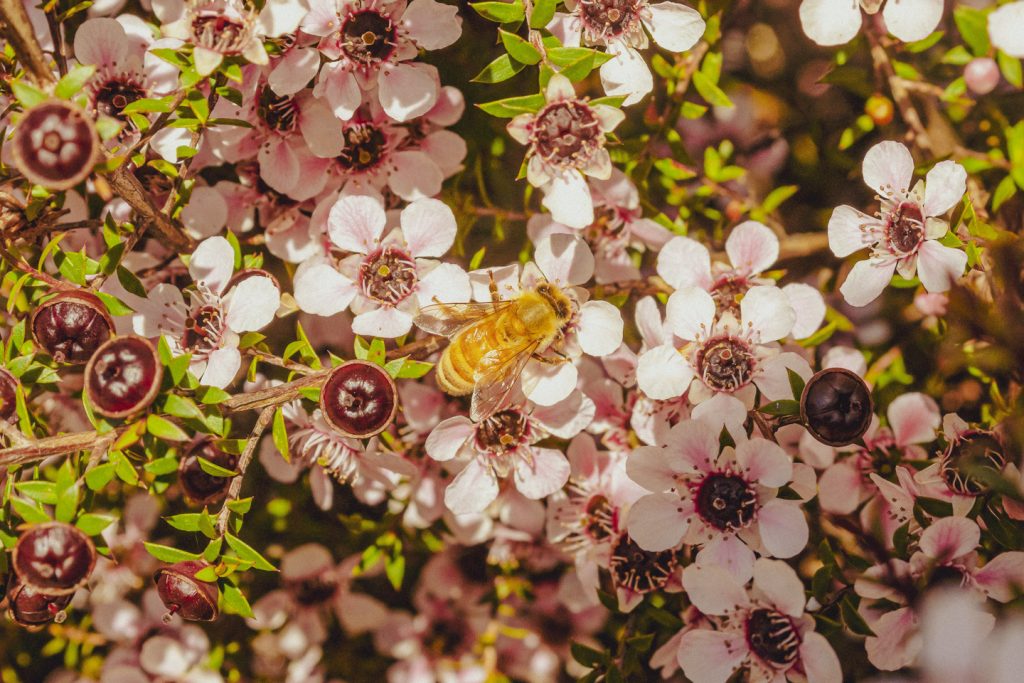
Another huge difference for today’s beekeepers is the problem of disease. Merv reflects, “About fifteen years ago we forgot we’d put some bees in a spot. We went back two years later and they were all still alive and thriving. Sadly, if we did that today they’ll be dead within a year due to the Varroa Mite.”
You have to be really diligent and do things well if you want happy bees and healthy hives.
As Murray says: “It’s sad that the bees can’t actually survive without the beekeeper now, but I think that’s the reality that we have to live with.”
Sustainability is a big change too. It’s a really important part of our business and we’re always looking for ways to have a better environmental impact. Attitudes to pesticides and herbicides have changed so dramatically — now that people understand about their harmful effects.
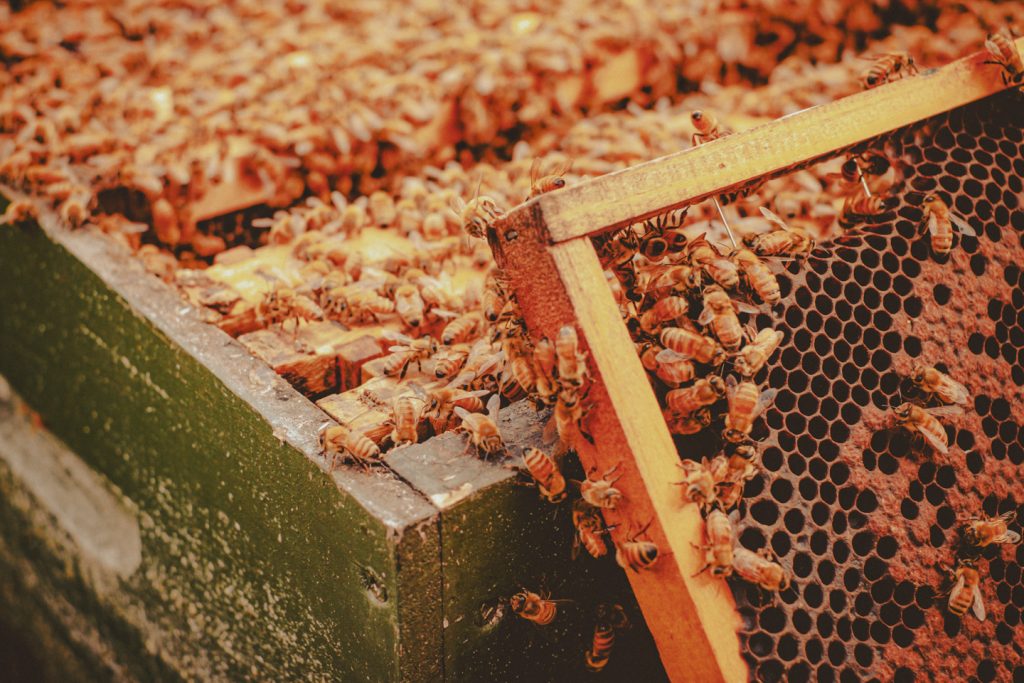
We never use sprays around our apiary sites and choose to do site clearing with scrub-cutters. But with our packaging it feels like we’re going ‘back to the future.’ We offer our honeys in glass jars for people wanting to cut down on their plastic waste.
When it comes to selling our honey, we’ve got a fantastic blend of old and new ways. We love that we’re able to send our honey all around New Zealand to our online customers.
It’s great that people can browse our website, learn more about our products and send us feedback. And it’s a real buzz to think that customers as far away as the US get to enjoy our beautiful raw honey.
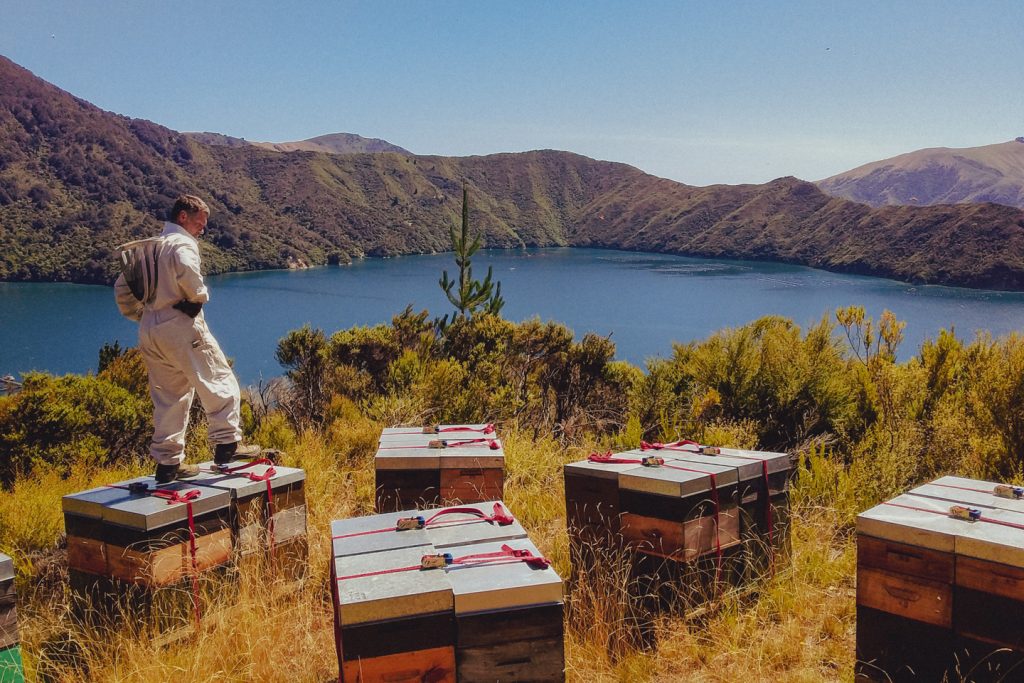
But we wouldn’t be without our market stall for anything. We’ve been at the Nelson market for over 15 years and are there every Saturday — barring lockdowns and torrential rain! Nothing beats having a chat with our regulars. It seems like a little thing but it’s one of the highlights of having a small family business. We know that our business will continue to change in what is an ever-changing world. But when you think about it, some things haven’t actually changed at all. We still love working in such a beautiful place, we still adore honey and we’ll never stop being amazed by the wonderful little creatures that stole Merv’s heart all those years ago.
